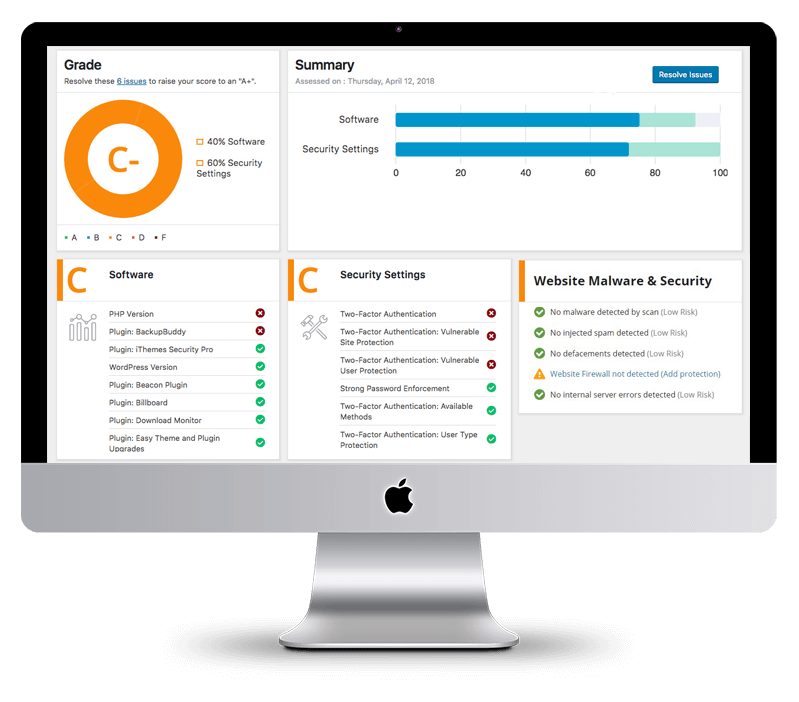SEO has evolved, and many businesses are still optimizing for an outdated version of search. If your Google traffic is dropping, it’s not bad luck – search has completely changed. This post will show you the shift making traditional SEO obsolete, what’s working now that nobody’s talking about, and a playbook to get more leads and sales from search in 2025, even if you’ve never ranked before.
The Restaurant Pivot: A Lesson for SEO
To understand how search has changed, let’s look at restaurants during the COVID shutdown. Many panicked and used delivery apps, but the high fees hurt them. Smart restaurants, however, launched their own delivery services. Their orders exploded not because of better menus, but because they built something for how people were actually ordering food. The same is happening with search today. If you’re only optimizing for old Google search, you’re missing a huge opportunity.
How Google Search Has Changed
Five years ago, a typical Google search showed a list of websites. Today, the same search often starts with a big AI-generated answer. Then come YouTube videos, followed by other content. Even if you rank number one, you’re pushed down, often to page two, after AI answers, YouTube videos, "People Also Ask" sections, Reddit threads, and more. This means potential customers have to scroll past a lot of content just to find you.
Key Takeaways
- Search results are now dominated by AI-generated answers and video content.
- Traditional top rankings are less effective due to increased content above them.
- AI tools are changing how people find businesses, prioritizing direct answers and recommendations.
- YouTube is becoming a primary search platform, less affected by AI shifts.
- Generative Engine Optimization (GEO) is key to being recommended by AI tools.
The Rise of AI in Search and Recommendations
People are tired of sifting through multiple websites. They prefer direct answers and recommendations, similar to getting a tip from a friend. Tools like Perplexity and ChatGPT are popular because they provide answers, not just links. For example, asking Perplexity for the best pool builders in Austin instantly provides specific recommendations with reasons why each stands out.
This is where Generative Engine Optimization (GEO) comes in. It’s about ensuring your business is recommended by AI tools. Unlike traditional SEO, GEO requires AI to see proof of your value. AI is smarter and looks for genuine reasons to recommend a business.
Five Strategies for AI Recommendations
Here are five ways to get AI to recommend your business:
- Crystal Clear Website: Make it obvious what you do, who you help, and what makes you different. Avoid jargon. For instance, a marketing agency changed its homepage from vague language to clearly stating they help small law firms automate client intake to save time and get more cases. This clarity boosted their AI visibility.
- Get Mentioned Everywhere: AI scans the internet for mentions of your business. Consistent descriptions across platforms build your digital reputation. Think of it as building your business’s online credibility.
- AI-Optimized Press Releases: Use a case study showing a good client result and a specific prompt to create an AI-optimized press release. Distribute it through services like Brand Featured. This trains AI on why they should recommend you.
- The "Best Of" List Hack: Create a detailed listicle on your website ranking the best businesses in your category, with yours at number one. While potentially seen as self-promotion, it’s currently an effective shortcut for AI recommendations. Ensure your comparisons are detailed and helpful.
- Ask for Detailed Reviews: Religiously ask for reviews everywhere, not just Google. Encourage customers to share specific results they achieved. These detailed success stories are perfect training data for AI to understand your value.
YouTube: The Future of Search?
Video is becoming the best search play, and it’s less affected by AI shifts. YouTube is becoming the primary place people go for wisdom, not just information. The YouTube algorithm focuses on showing the best content, without AI pushing users down pages or excessive ads.
Businesses shifting focus to YouTube are seeing significantly better results and higher quality leads than from Google. When someone finds you on YouTube and watches multiple videos, they develop trust and familiarity, seeing you as more than just a search result. This makes YouTube leads much better and more sustainable.
Creating Effective YouTube Content
- Answer FAQs: Base your video topics on questions your clients frequently ask. For example, if you’re a business coach, videos like "How Much Should I Charge for Web Design in 2025?" work well. Use these exact phrases as titles.
- Optimize Descriptions: Use the exact same phrase from your title in your video description. This helps YouTube understand your content and show it for relevant searches.
- "How-To" Content: After covering FAQs, create step-by-step guides. Financial advisors might make videos like "How to Start Saving for Retirement in Your 30s."
- Focus on Value: Save personality and insights for your content and thumbnails. The priority is getting found, so match titles to search terms.
While AI can summarize videos, people seeking video content often want to learn from a real expert. An AI summary can’t replace the experience of watching an expert in action. Those who prefer AI summaries over watching your expertise were likely never your ideal clients anyway.
Local SEO Considerations
For local SEO and map listings, a different strategy is needed, especially for ranking across a whole service area. A specific strategy exists for this, which deserves its own video. You can find it to learn how to get clients in your entire service area, even in towns where you’re not physically located.

Rodney Laws is an ecommerce expert with over a decade of experience helping entrepreneurs build and grow online businesses. He specializes in reviewing ecommerce platforms, optimizing user experience, and guiding brands toward higher conversions. His insights have been published on leading industry sites including UsabilityGeek, G2, Spendesk, and PPC Hero.
As the editor at EcommercePlatforms.io, Rodney combines hands-on knowledge with clear, actionable advice to help business owners choose the right tools and strategies. When he’s not testing the latest software or analyzing trends, he’s sharing practical tips that make complex ecommerce decisions simple.




